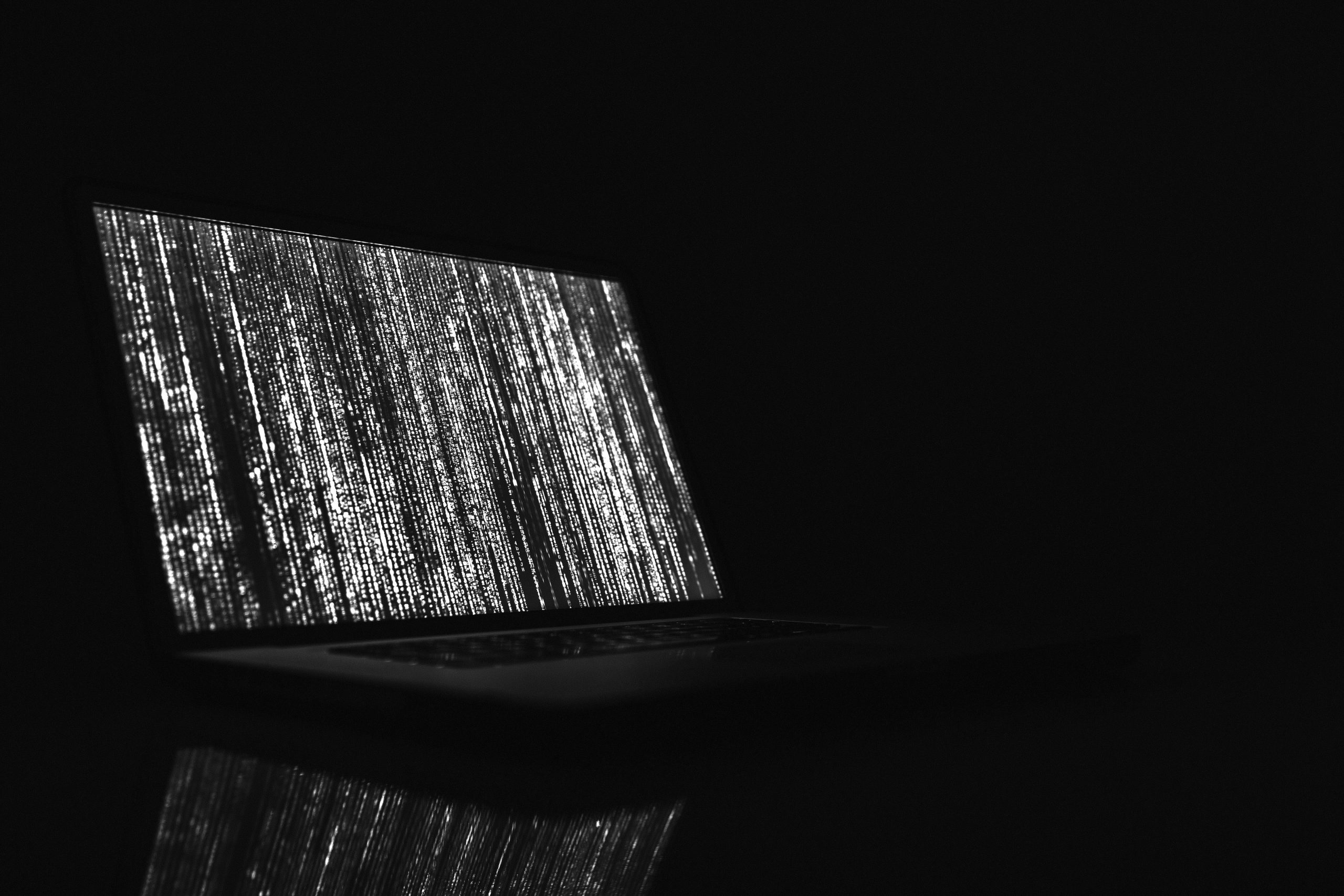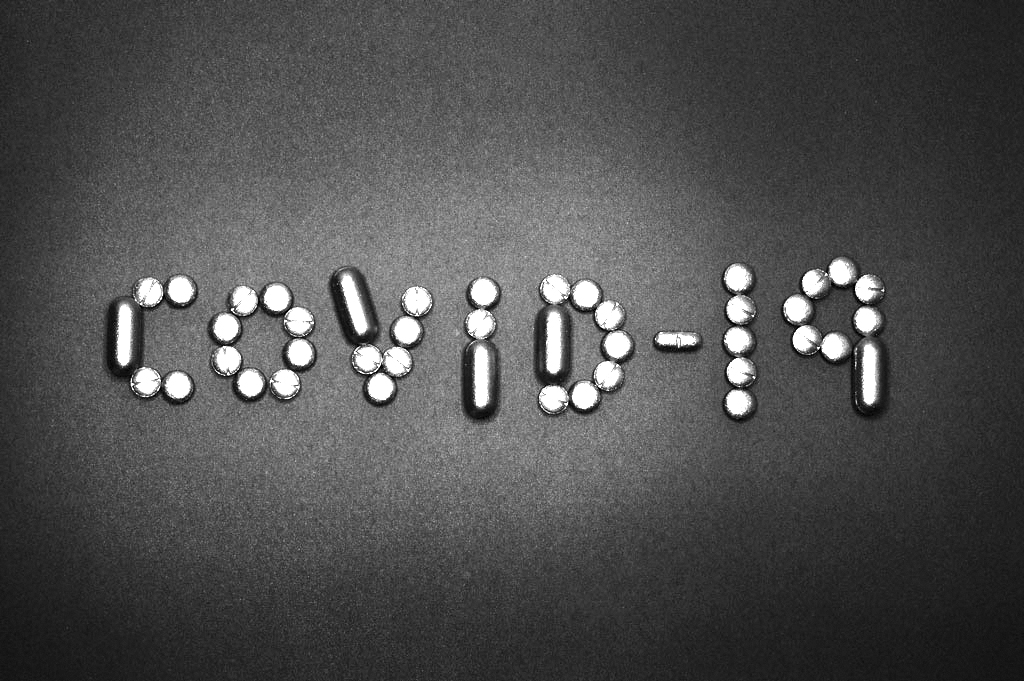The Compliance Monthly: A CONVERSATION WITH JESSICA WINCHELL, VICE PRESIDENT FOR COMPLIANCE AT BROWN BROTHERS HARRIMAN TRUSTEE SERVICES IN IRELAND
Jessica Winchell, Vice President of Compliance with Brown Brothers Harriman, describes her path to a career in compliance, skills necessary to succeed in the field, and how her time at Temple Law helped to shape her professional life.







